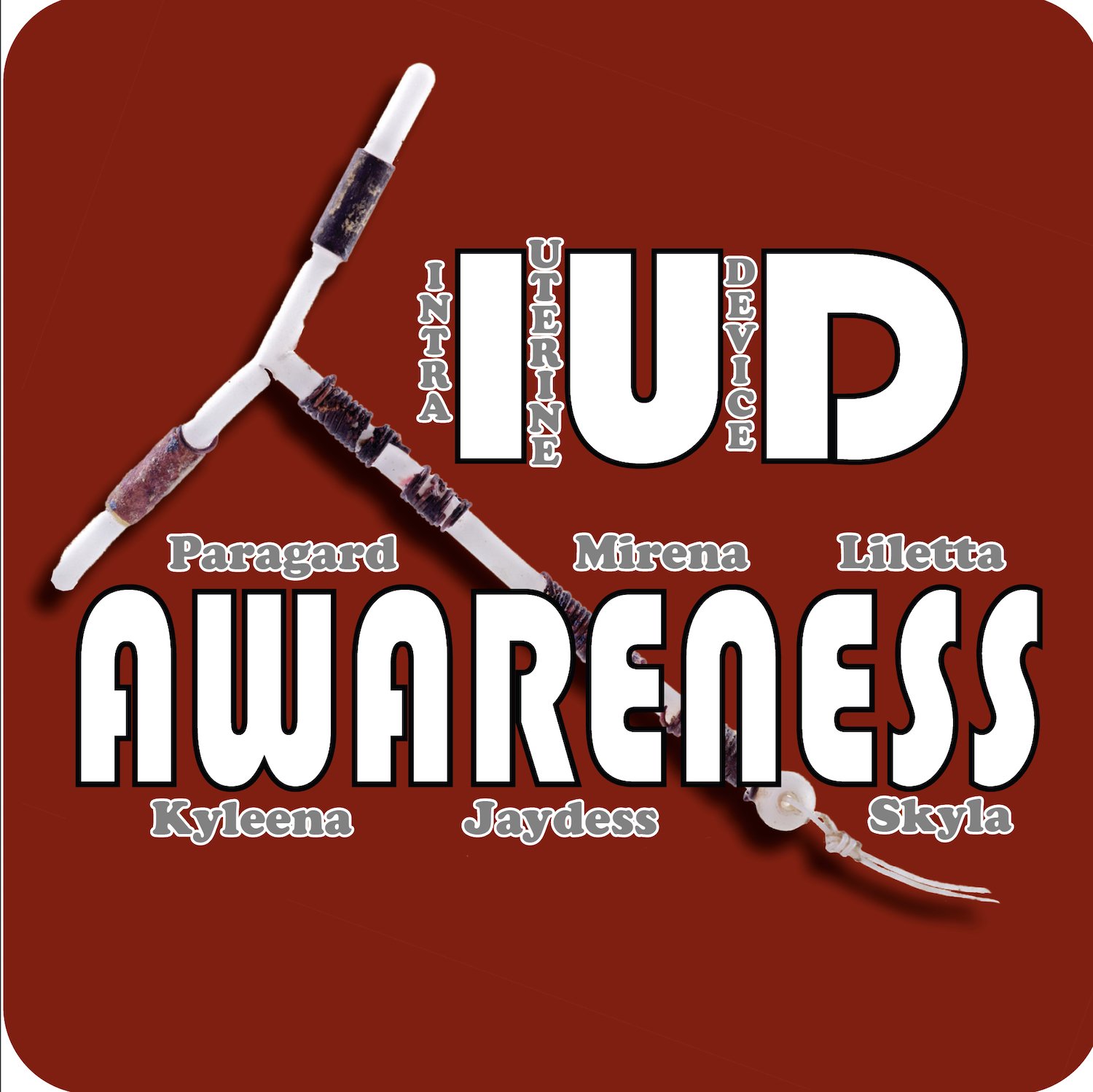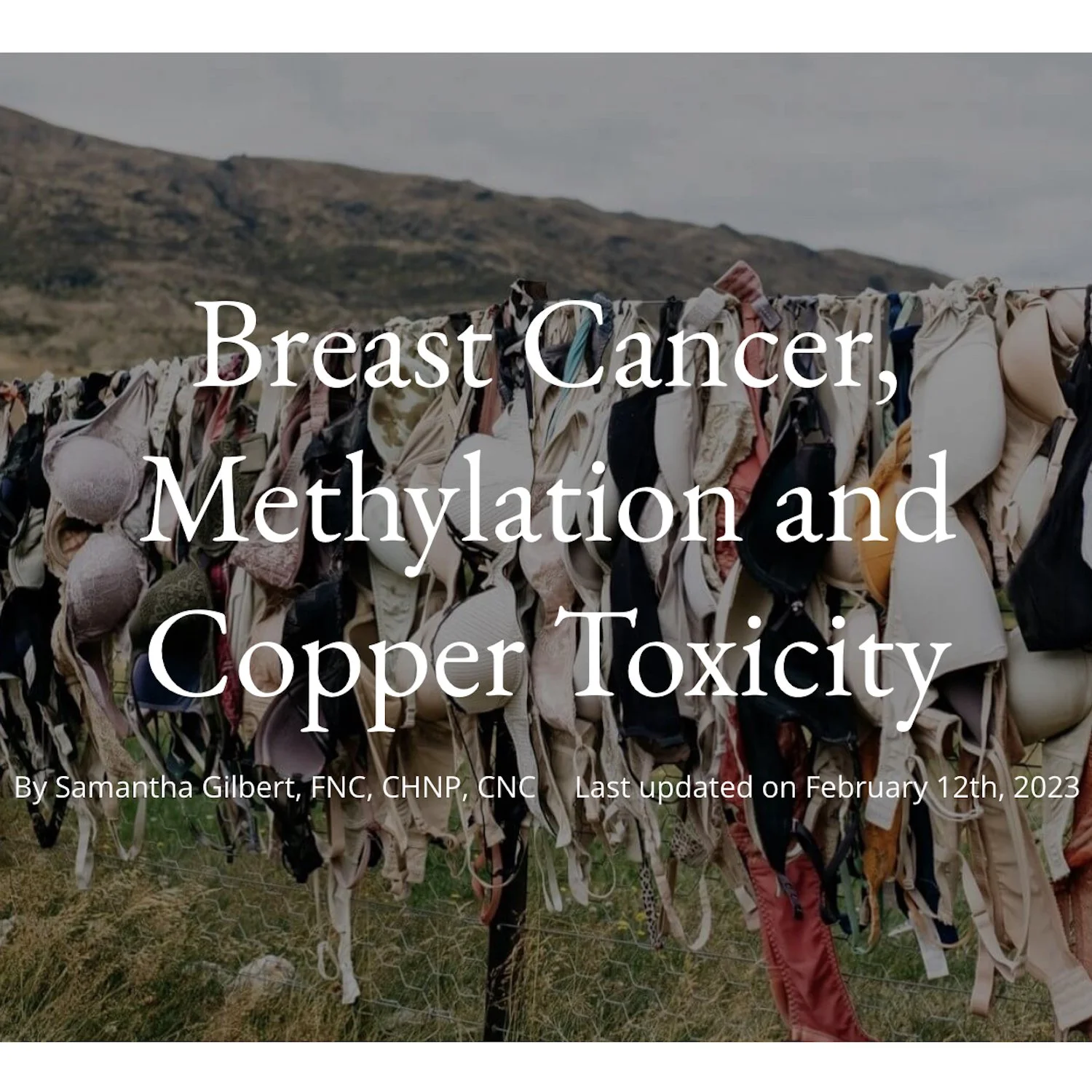What to Know Before You Transition Off of the Birth Control Pill
/ Internet Link“I was engaged and knew that one day I would want to start a family of my own. During this time, I was also experimenting with my diet due to a diagnosis of polycystic ovarian syndrome (PCOS) and decided that it was time to transition off the birth control pill altogether and find a more permanent solution to my hormonal-related symptoms.
Through my research, I learned that the Pill did not actually help to regulate my hormones but rather used synthetic hormones to suppress my own hormone production. The varying levels of synthetic hormones throughout the month essentially mimic the natural hormone fluctuation that ultimately results in a period. This mimicking of a period is now more appropriately known as a withdrawal bleed. In fact, going off your synthetic hormones during the placebo week is exactly what triggers this withdrawal bleed. More importantly, I discovered that the Pill did not cure my acne or period irregularities, rather it simply suppressed these symptoms by suppressing my own hormones—the underlying issue that caused these symptoms in the first place was still there.
In fact, I was surprised that all of my previous issues came back after stopping the Pill. The acne? It came back with a vengeance. My menstrual cycle? Started to become irregular again.
Here’s a short list of what I wish my prescribing physician or pharmacist shared with me about what to expect while on the Pill or if I stopped taking the Pill:
Read the article for details on each topicThe birth control pill is known to deplete key nutrients in your body.
Expect your period to return within three months.
Your body will very likely transition back to your "pre-pill" state.
If you do not get your period after discontinuing the pill.
If you get your period but you experience PMS symptoms, heavy bleeding, or severe pain.
If you get your period but you experience hormonal acne.























March 6, 2023
Eat for Life Podcast